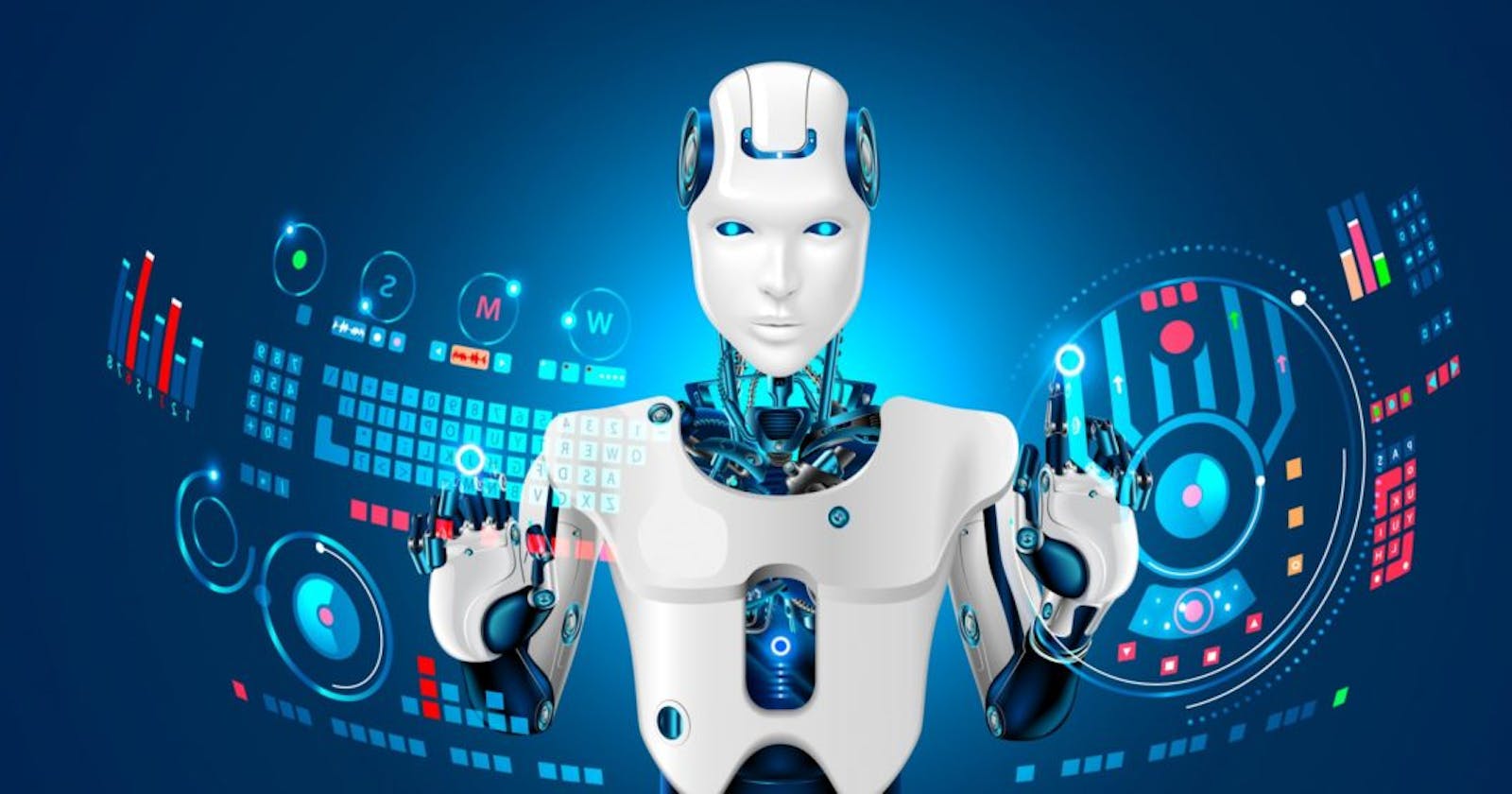Artificial Intelligence in the World of Marketing
Understanding how artificial intelligence (AI) may help marketers broaden their toolkit.
We've arrived in the age of buzzwords. Welcome to the age of tech buzzwords, to be more specific. Artificial intelligence, machine learning, deep learning, quantum computing, software as a service, blockchain, internet of things, decentralized finance, non-fungible tokens, artificial intelligence, machine learning, software as a service... To make matters worse, they all have acronyms that you keep forgetting. I've discovered that learning about use cases in specific domains is the greatest approach to absorb and digest these enormous topics. So, hopefully, the following words will answer some of these questions. What is the role of artificial intelligence (AI) in marketing? How can it be realistically integrated into a marketer's toolkit? What are some examples of where artificial intelligence techniques excel?
What is AI?
"At its most basic level, artificial intelligence is a field that integrates computer science with large datasets to solve problems. It also includes the sub-fields of machine learning and deep learning, both of which are usually referenced when discussing artificial intelligence. AI algorithms are used in these domains to develop expert systems that make predictions or classifications based on incoming data."
Wonderful. As you can see, as marketers, the first thing we need to do is move away from science fiction robots with General AI capable of annihilating humanity. That possibility is a long way off. The field of functional AI is where the most progress is being made right now. Keep in mind that today's AI programs are capable of outperforming humans in certain narrow jobs. That is something I cannot emphasize enough.
Machine Learning (ML)
Machine learning is a subset of AI. Consider it the most extensively utilized tool for practical applications today. To create predictions, machine learning extracts patterns from data. It defines guidelines for the interrelationship of data points. It can "learn" because it can reassess and update its models as new data becomes available. We need a lot of data to train and refine machine learning models. It's not just about the quantity either. Data should be regarded as the most valuable resource available. It must be hygienic and dependable. We must comprehend how our data is constructed, what it contains, and how we might grow it.
As marketers, we must learn how to interpret our data and understand the qualitative aspects of how it’s feeding into our models and helping us derive conclusions.
It's also beneficial to become acquainted with three major areas of machine learning. To put it plainly:
Supervised Learning: When you know all of the data inputs and can map them to a known output, this is referred to as supervised learning. If you give a machine a lot of examples, it will learn from it.
Unsupervised Learning: When you ask the machine to find a correlation in the data that we didn't know about before, this is known as unsupervised learning. This is a very effective method for locating patterns and clusters.
Reinforcement Learning: Give the machine a task and a goal, and it will adjust its behavior to enhance the outcome depending on its own activities.
Putting it together: where ML shines
ML excels at dealing with data that has dimensionality and cardinality. Dimensionality refers to all of an occurrence's qualities (dimensions) – think of columns on an excel sheet. The amount of alternatives inside each dimension is referred to as Cardinality. If you're looking at a database of properties, dimensions include things like location, price, size, rooms, garage, and condition. "Price" has infinite cardinality, however "garage" only has two options: yes or no. As a result, machine learning is well suited to dealing with huge and complex data sets and detecting patterns in the data that humans are incapable of doing.
Marketing use cases
First, a few inquiries. Do you have a lot of information on your current or potential customers, as well as how they engage with your ecosystem? Is the number of possible combinations in this data overwhelming? Is it sanitized and clearly labeled? Do you have a clear idea of what you want to do with this information? Is it possible to automate procedures that are repetitive and high-volume? Then you may have an AI application. There are countless examples; here are a few to get you thinking.
Consider your new ad campaign. You'd utilize machine learning to detect correlations in data, segment audiences, cluster people, and locate anomalies. It can be used to rank, sort, detect trends, and prospect for look-alikes. All of them are useful for boosting the effectiveness of your campaign as it progresses. Consider programmatic advertising, in which artificial intelligence (AI) automates ad buying using algorithmic targeting strategies that maximize content, placement, and consumer audience. Instead of inputting what you think is the optimal target demographic, you can now specify the desired outcome of your campaign directly (more views, more subscribers, more purchases...) and let the algorithm handle the rest.
You may use AI for natural language processing (NLP), which analyzes voice and text and can even detect sentiment. Consider using AI sales agents or customer care chat bots to guide your customers through the sales funnel.
You might collect data on your consumers to generate personalized experiences and suggestions at scale, improving conversion, retention, and lifetime value. As consumers connect with your channels, ML models can assess their features and behavior to provide them with the most relevant content or products at the most appropriate time.
Sales forecasting, AI-powered consumer insights, content generation, speech recognition, dynamic pricing, automated email content curation, and image identification are some potential use cases you might want to investigate further.
Takeaways and ideas to ponder
As a marketer, I advise you to identify areas of your business where AI can make a difference in the eyes of customers. Look for repetitive tasks or areas with a large number of data points from which to derive insights. Figure out how you can use these insights to better the goals and KPIs you've set for yourself. Understand if and how this technology can help you grow and optimize your present procedures. Find out how things are connected and examine them from many perspectives. Improve your abstraction skills, have an open mind, evaluate your assumptions, and recognize your prejudices. For successful AI implementations, all of these "human" traits are required.
Some further resources
This will suffice as an early morning read. However, if you want a more hands-on approach, check out Kaggle's Machine Learning and Deep Learning short intro courses. To understand and complete them, you'll need some Python understanding. You might also be interested in learning more about SQL (Structured Query Language) and how to use it to build relational databases. Understanding and interacting with CRM and/or Marketing Cloud solutions from prominent firms such as Salesforce and Adobe is another wonderful method to realize how AI is making its way into current digital marketing. Their tech stack is remarkable, and the possibilities are endless with these tools and AI engines.


